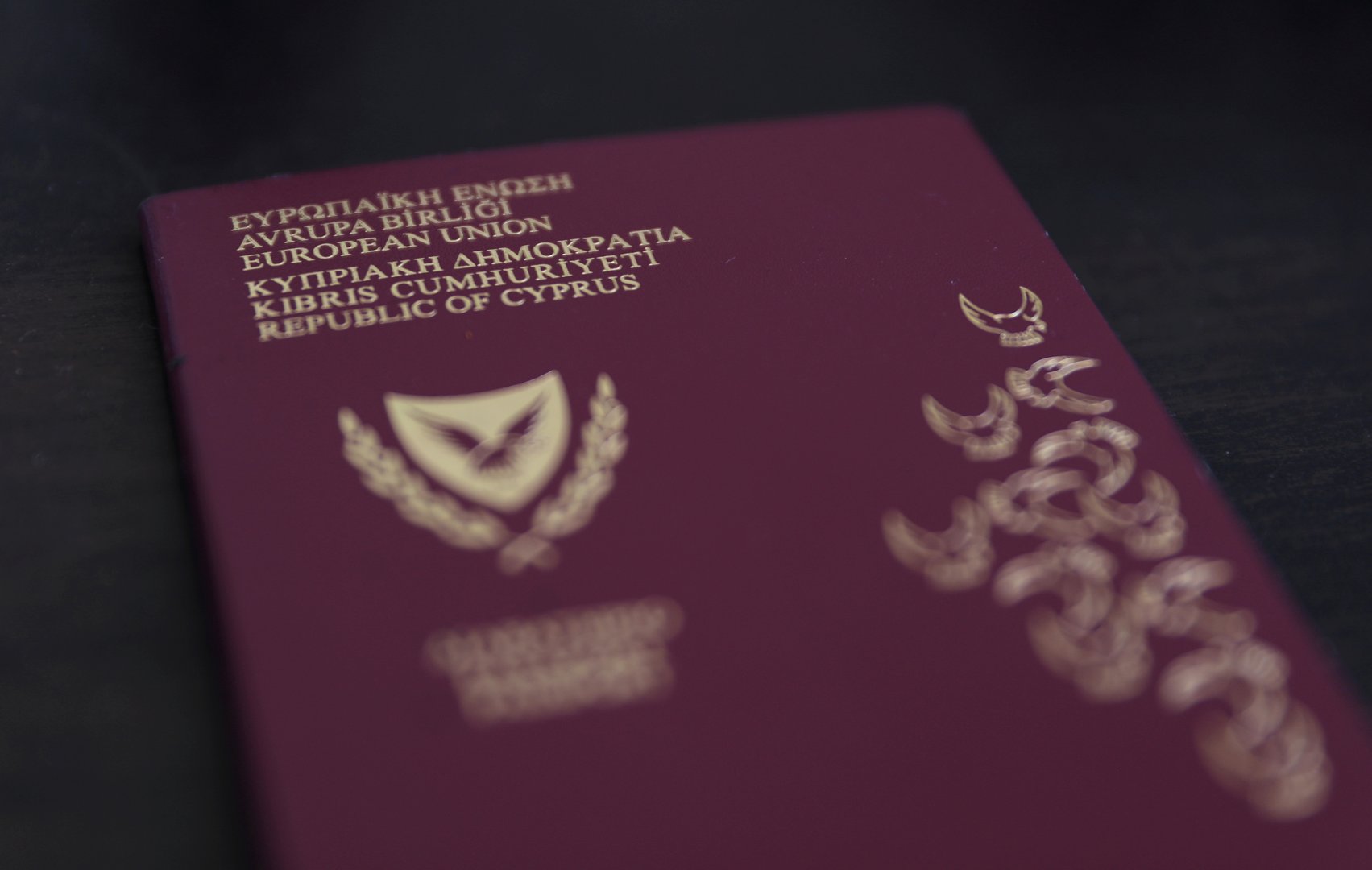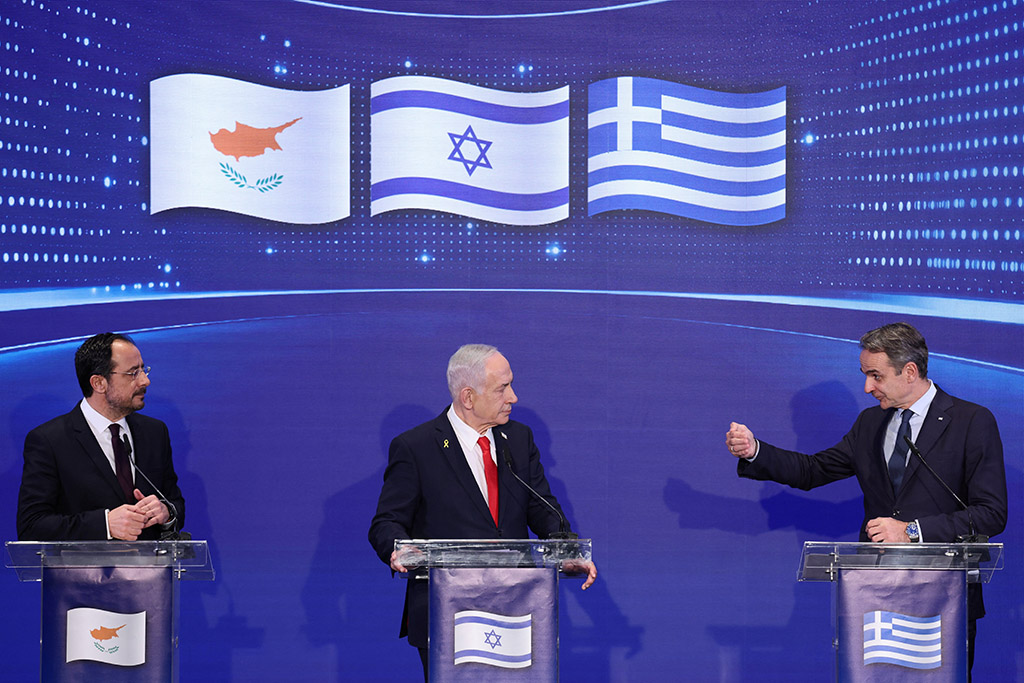The defence in the ‘golden passports’ trial pushed hard on Tuesday to establish the impression that the cabinet, when approving applications for naturalisation of foreign investors, had essentially become a law unto itself.
On trial at Nicosia criminal court are former House president Demetris Syllouris and former Akel MP Christakis Giovani. They face charges of influence peddling and conspiracy to defraud, relating to the naturalisation of foreign investors in relation to the citizenship-via-investment scheme, scrapped in late 2020.
In court, Giovani’s chief defence attorney continued his cross-examination of Christina Kaoulla, a witness for the prosecution. Kaoulla had headed up the interior ministry’s naturalisation control unit until the end of 2020.
Attorney Giorgos Papaioannou put it to the witness that the Giovani Group – real estate developers – had filed just a single application on behalf of a client seeking Cypriot citizenship. Kaoulla confirmed this.
Kaoulla had also testified before a committee of inquiry into the ‘golden passports’ affair.
Papaioannou reminded her that the committee of inquiry had admitted as evidence a list of the 15 service providers promoting citizenship applications by foreign investors.
Some of the providers on the list had filed over 400 applications, some more than 200, and others over 100. Meanwhile the Giovani Group had filed just one application.
The lawyer then asked Kaoulla whether it was “right” at the time to include the Giovani Group on the list, to which she said yes since it was in fact one of the service providers.
Next, Papaioannou pointed out that the Cyprus Investment Programme did not bar a service provider from having a dual capacity. He was alluding to the fact that the Giovani Group, real estate developers, was also acting as a service provider. This is related to the fact that foreign nationals had to invest in real estate in Cyprus to be eligible for consideration.
The witness confirmed that there was no explicit prohibition on a service provider having a dual capacity, although the code of conduct did advise service providers to avoid any conflict of interest.
Moving on, the attorney noted that the police had information about a citizenship application by a foreign national who was believed to have participated in a criminal organization and was suspected of causing bodily harm to another person. Kaoulla, who had handled this case, had noted her reservations – but the application still went through.
She said there were other cases where likewise she had provided a negative opinion, but applications were subsequently approved.
Papaioannou next submitted to the court that the format in which citizenship recommendations were put to the cabinet – by the interior minister – were designed in such a way as to conceal any reservations about a given application. He spoke of a certain ‘template’ in which such recommendations were put to the cabinet.
Kaoulla said there was indeed such a ‘template’ and that on occasion some information that had been provided by functionaries to the interior minister did not make it into the minister’s own recommendation to the cabinet.
“You mean information which had tended towards rejection,” the attorney came back – to which Kaoulla said yes.
The attorney also pointed out that the cabinet had in some cases disregarded the citizenship programme’s requirement for an applicant to have a permanent residence in Cyprus. And in other cases the cabinet had approved a property sales contract made out in the name of a relative of the applicant, rather than in the name the applicant himself/herself.
Again, the witness confirmed this had happened.
Responding to another question, Kaoulla said she recalled that service providers would often call her office and press for the applications to be expedited. But, her work was never interfered with.
Some interested parties – which included clerics – would also send letters to the interior ministry regarding citizenship applications.
The trial continues on Thursday, where the prosecution has asked for a redirect examination of Kaoulla.
Following Kaoulla, prosecutors will summon to the stand their last witness – the police investigator in charge of the case.







Click here to change your cookie preferences